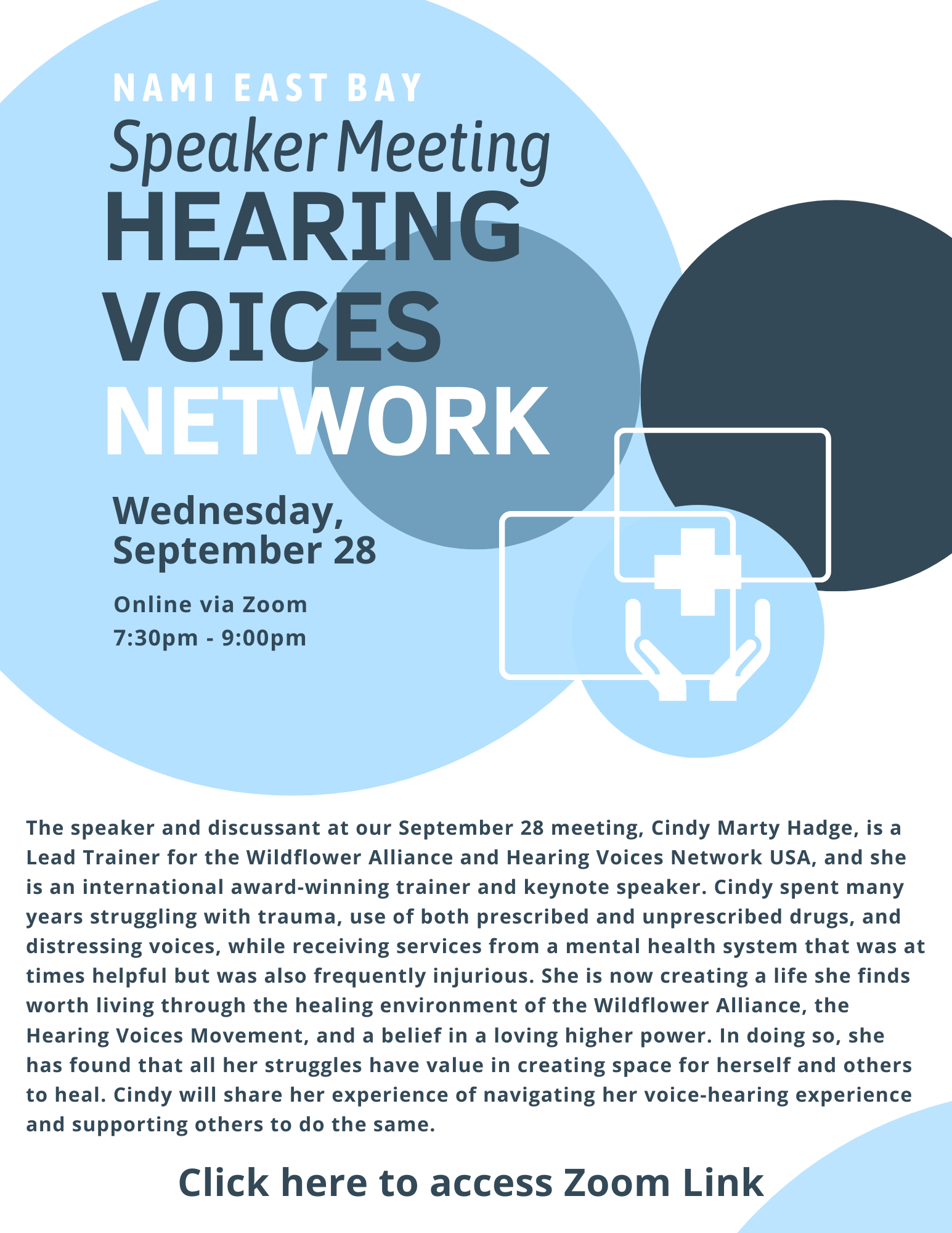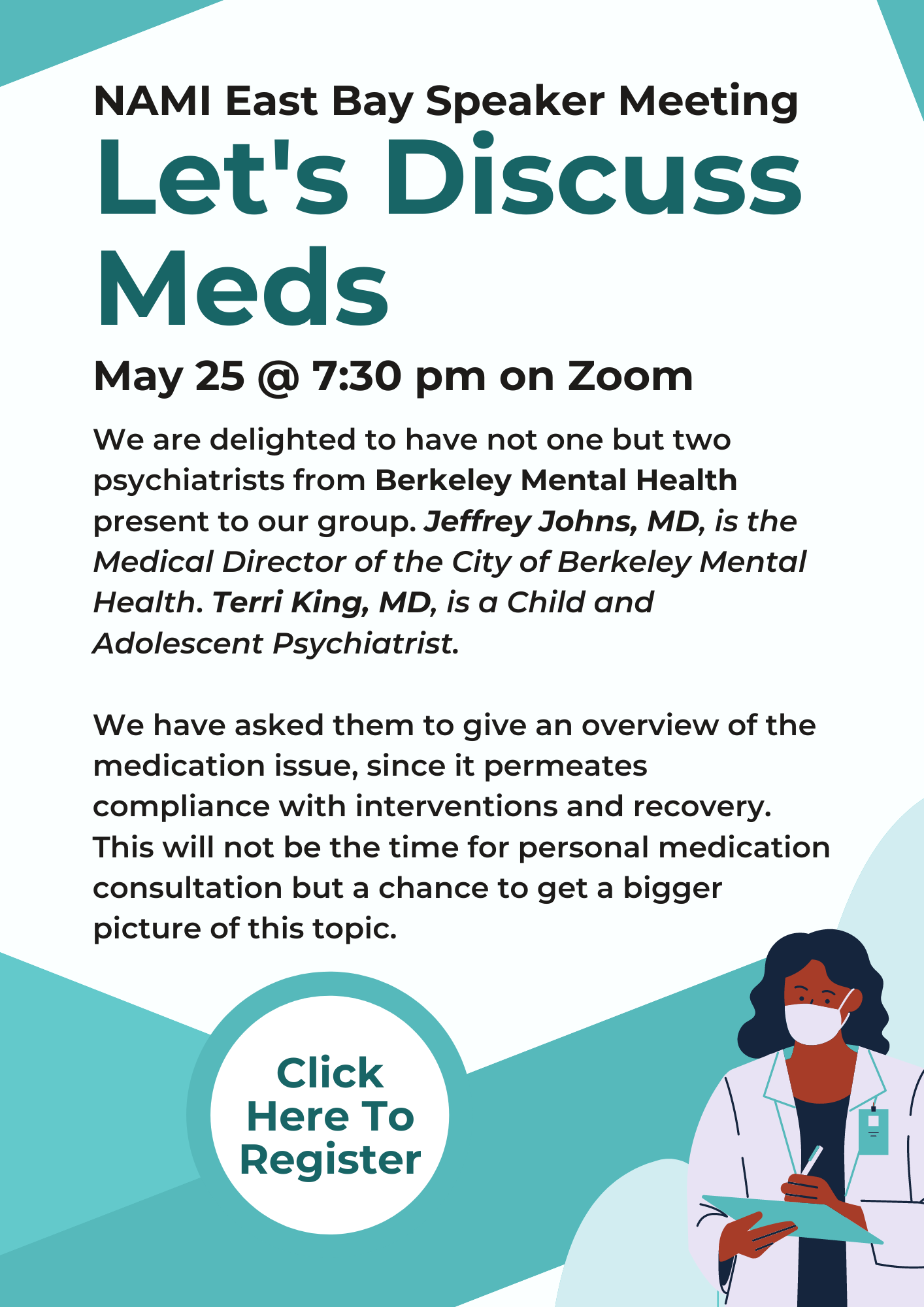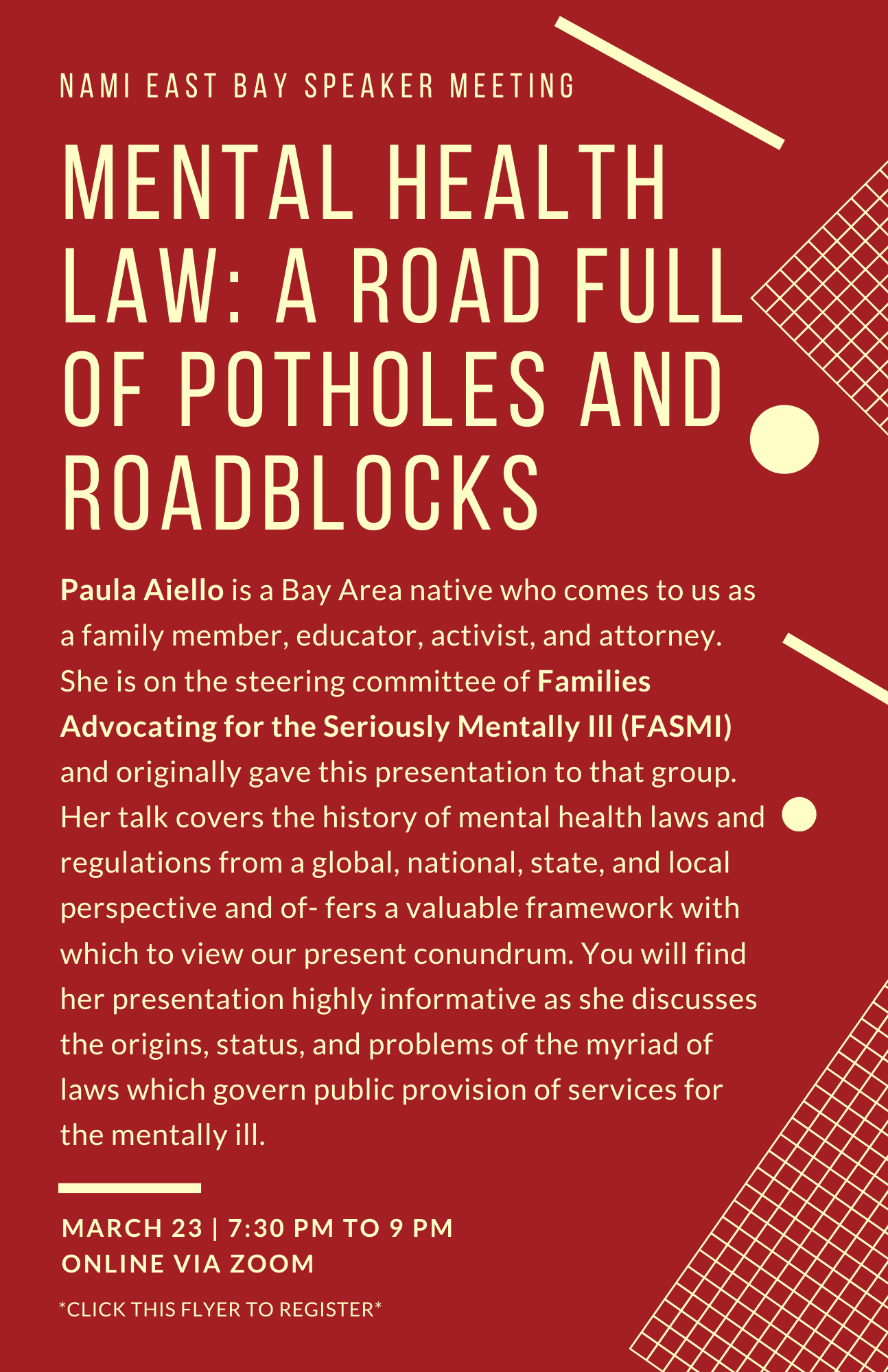
| Link to recording: https://us02web.zoom.us/rec/share/MW3C4g1emVW_pWJ55Mymde1xBGmLInTlMQnbl2xo9fx4uqRtrR-o6c140BuNh1ph.V2iLw3vn93rVNpAe Passcode: EA*2zh&D |

| Link to recording: https://us02web.zoom.us/rec/share/MW3C4g1emVW_pWJ55Mymde1xBGmLInTlMQnbl2xo9fx4uqRtrR-o6c140BuNh1ph.V2iLw3vn93rVNpAe Passcode: EA*2zh&D |
According to the National Institutes of Health, 100,000 youth and young adults in the U.S. experi- ence a first episode of psychosis each year (NIH, 2013). And yet, it takes 21 months on average before someone can received specialized treatment for early psychosis after they first begin experiencing symp- toms (NIMH, 2019). Coordinated specialty care for early psychosis is a treatment model provided with evidence-based components designed for early detection, individual psychotherapy, strength-based care management, supported employment and education, judicious medication management, and peer and family support.
Adriana Furuzawa, LMFT, is the director of Felton Institute’s Early Psychosis Division and over- sees the implementation of the (re)MIND® programs (formerly PREP – Prevention and Recovery in Early Psychosis) in five counties in the San Francisco Bay Area and Central Coast. Felton’s (re)MIND® programs were first implemented in 2007 and are nationally recognized for bridging the gap between science and community-based services. Furuzawa will discuss what is psychosis and why it is important to intervene early, with the right resources, to prevent lifelong challenges and to support individuals and families to reach their life goals and dreams.
Recording of presentation: https://us02web.zoom.us/rec/share/eQEuqIKSx_faJ0MmKmlGFDUfblt3nDHuBGXEDwVMvOBTua03P92pQHDgF53FGqWj.ut4_rWx3Wj3hfEsU
Passcode: wVT1VfJ$

Meeting Recording:
https://us02web.zoom.us/rec/share/HLWC7DzAI1jbcJFguxpw6PMJbfZEgvMHzp39WMbU1EPv53Tcy0dn46uQXtcrBYWM.d2E6jQk1riUtEiNG
Access Passcode: 7R!O2i#0

| Recording of presentation: https://us02web.zoom.us/rec/share/5CXqug3FtBbhueVV68_yt_idkcH77A8OmA-y1J6i7oU96IQGFFXP2j33phzegIgC.UpreaJc8wAzn8ZQX-DTz Passcode: C3s&LM4t |
Our Perspective in January 2022
Wednesday, January 26, 7:30 pm
We are all unwilling participants in this era of the historic pandemic, so let’s take stock. As we go into January of the new year, it’s time to share our perspec- tive of where we families with individuals with mental illness have been, where we’re going, and what lies ahead.
Our roundtable discussion will include Rebecca Woolis, family therapist and author of When Someone You Love Has a Mental Illness; Beverly Bergman, Family Caregiver Advocacy Specialist; Patty Espeseth, Chief Administrative Officer of the Alameda Health System and support group leader; Katy Polony, Family Advocate for In-Home Outreach Team and Co-Founder of Families Advocating for the Seriously Mentally Ill (FASMI); Kate Kosmos, School Psychologist in the Oakland public schools; and Liz Rebensdorf, support group leader and President of NAMI East Bay.
Speaker Meeting starts at 7:30 pm
The presentation will be Zoom/online:link will be posted here.
Note: The meeting will be available in written form in the newsletter, and video-recorded and accessible via the What’s New link on our website.